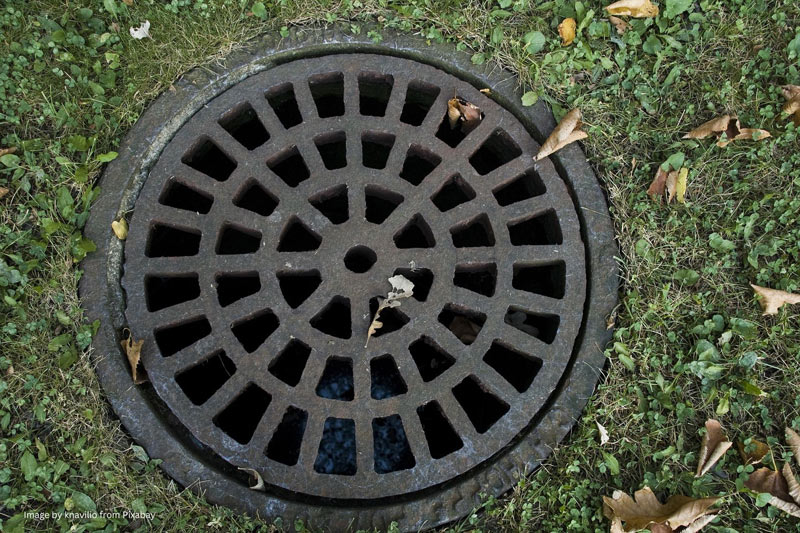A Comprehensive Guide to Septic System Maintenance
Septic system maintenance is essential for homeowners who rely on an onsite wastewater treatment system. With the right care, your septic system can function efficiently for decades—saving you money, protecting your health, and avoiding environmental harm. This comprehensive guide covers everything from septic inspections to routine pumping, empowering you with the knowledge to keep your system in peak condition.
Why Septic System Maintenance Matters
Proper septic system care provides several long-term benefits:
- Prevents Costly Failures: Neglected systems can develop blockages, backups, or overflows that lead to expensive repairs.
- Protects Public Health: A malfunctioning septic tank can contaminate groundwater, posing serious health hazards to your household and community.
- Saves Money: Routine septic inspections and pumping cost significantly less than system replacements or emergency plumbing repairs.
- Preserves the Environment: A well-maintained system treats waste properly, safeguarding nearby soil and water systems.
Following a consistent maintenance schedule is the best way to ensure your septic system runs efficiently year-round.
Routine Septic System Inspections
Scheduling a professional septic system inspection every 1–3 years is the foundation of good maintenance. Frequency depends on your tank size, household occupancy, and water usage.
During a septic inspection, licensed technicians will:
- Examine the tank for structural integrity and leaks
- Measure sludge and scum layers
- Test flow to the drain field
- Inspect components like pumps, alarms, and baffles
- Identify early signs of failure or clogs
Catching issues early during a septic inspection can save thousands of dollars and prevent major system disruptions.
DIY Septic System Maintenance Tips for Homeowners
While professional septic services are essential, there are several steps you can take to support system health between visits:
- Conserve Water: Space out high-volume water use to avoid overwhelming the system.
- Watch What You Flush: Never flush wipes, diapers, paper towels, or feminine hygiene products.
- Use Septic-Safe Cleaners: Avoid harsh chemicals that can kill helpful bacteria in your tank.
- Add Bacterial Treatments (Optional): Some homeowners use safe, biological additives to boost tank performance—ask your provider for recommendations.
- Protect the Drain Field: Don’t drive or park on your drain field, and avoid planting trees nearby to prevent root intrusion.
These habits go a long way in reducing the likelihood of septic system failure.
Upgrading with Advanced Septic System Technology
For high-use properties or aging systems, investing in upgrades can improve system performance and longevity. Popular enhancements include:
- Aerobic Treatment Units (ATUs): These introduce oxygen to break down waste more efficiently.
- Septic Tank Filters: Help block solids from reaching the drain field.
- Smart Monitoring Devices: Track tank levels and send alerts when pumping is needed.
These tools provide peace of mind and can help prevent emergency service calls.
Seasonal Septic System Maintenance Tips
Different times of year present unique challenges for septic systems:
- Spring: Inspect for damage caused by winter frost or excess runoff.
- Summer: Monitor system usage if your household or water use increases.
- Fall: Schedule pumping before cold weather sets in to ensure access.
- Winter: Insulate exposed components and avoid compacting soil over the drain field.
Adjusting your maintenance habits with the seasons helps your septic system run smoothly year-round.
Final Thoughts on Septic System Care
Maintaining your septic system doesn’t have to be overwhelming. With regular inspections, timely septic tank pumping, and smart homeowner habits, you can avoid major repairs and protect your home, your wallet, and the environment.
At Bob’s Septic Service, we specialize in comprehensive septic system care tailored to San Marcos and surrounding communities. Whether you need an inspection, emergency repair, or professional guidance, our licensed team is here to help.
Ready to schedule your next service? Visit our site for more expert tips or contact us today for trusted septic system maintenance.

